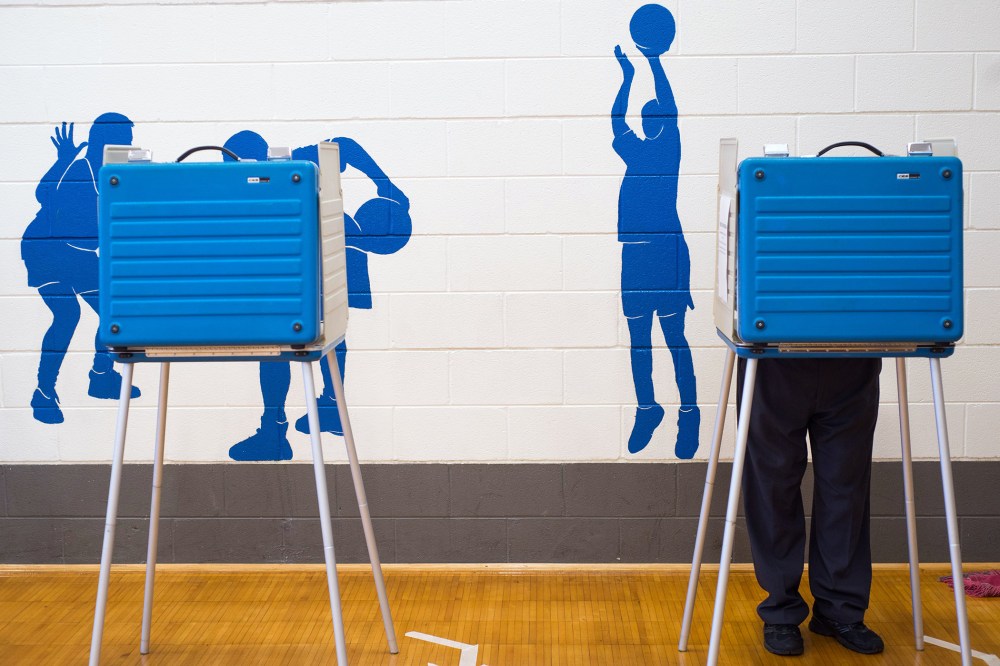While most Americans may have been focused on the 2016 presidential election – still more than a year away — many of the races and ballot issues voted on across the country on Tuesday could very well have wide-ranging policy implications in 2016.
Here’s a look at what went down and what it means for next year.
1. A Medicaid expansion litmus test. Republican tea party favorite Matt Bevin beat Democrat Jack Conway to win the governor’s race in Kentucky.

A big part of Bevin’s outsider campaign was his promise to undo the Medicaid expansion of President Obama’s Affordable Care Act – affecting 400,000 Kentucky residents already on the program. Conway, meanwhile, promised to continue expanding the state’s program.
This could be a litmus test for national Republicans, especially some presidential candidates, who have long clamored to “repeal or replace” Obamacare. Will Bevin’s vow to replace the expansion with another program using a federal waiver be a success? And will there be political blowback? Time will tell.
2. Bad news for LGBT rights. Houston, Texas, voters rejected a measure that would have protected gay and transgender people from discrimination. Proposition 1, known as Houston’s equal rights ordinance, promised to protect people from discrimination on the basis of sexual orientation and gender identity in employment, housing, and public accommodations.
Opponents successfully used scare tactics to argue that the measure would allow male sex predators to use women’s restrooms, even as proponents pointed out the measure doesn’t change existing laws banning indecent exposure and assaults.
RELATED: Voters reject Houston LGBT nondiscrimination ordinance
The biggest takeaway is that trans equality has a long way to go to catch up to marriage equality, even in a city as diverse as Houston, America’s fourth largest metropolis.
And the issue isn’t going away. Congress is considering the Equality Act, which would expand the 1964 Civil Rights Act to protect people from discrimination based on sexual orientation and gender identity in workplace, housing and in public accommodation.
3. Marijuana advocates get their buzz killed. Voters in Ohio rejected a ballot initiative that would have legalized recreational and medical use of marijuana. Opponents successfully railed against a controversial provision that would have allowed commercial cultivation on only 10 farms – and benefit just a small number of investors.
Ohio is a major presidential swing state, and Tuesday’s vote was considered a bellwether for the marijuana legalization movement. However, polls show the majority of Americans back legal marijuana use.
4. Bad news for Hillary? In Virginia, Democrats tried—and failed—to capture control of the state Senate. The Dems only needed one seat to flip the state Senate from red to blue, giving Democratic Gov. Terry McAuliffe the strength he needs (even with a GOP majority in the House of Delegates) to help advance his agenda on a number of issues, including Medicaid expansion and gun control.
WATCH: McAuliffe on gun control, 2016 election
The 2016 implication? McAuliffe is a close ally of Democratic presidential front-runner Hillary Clinton, and many politicos argued that flipping the Senate and McAuliffe being able to push his legislative agenda would have helped him deliver the purple state of Virginia to Clinton in 2016.












